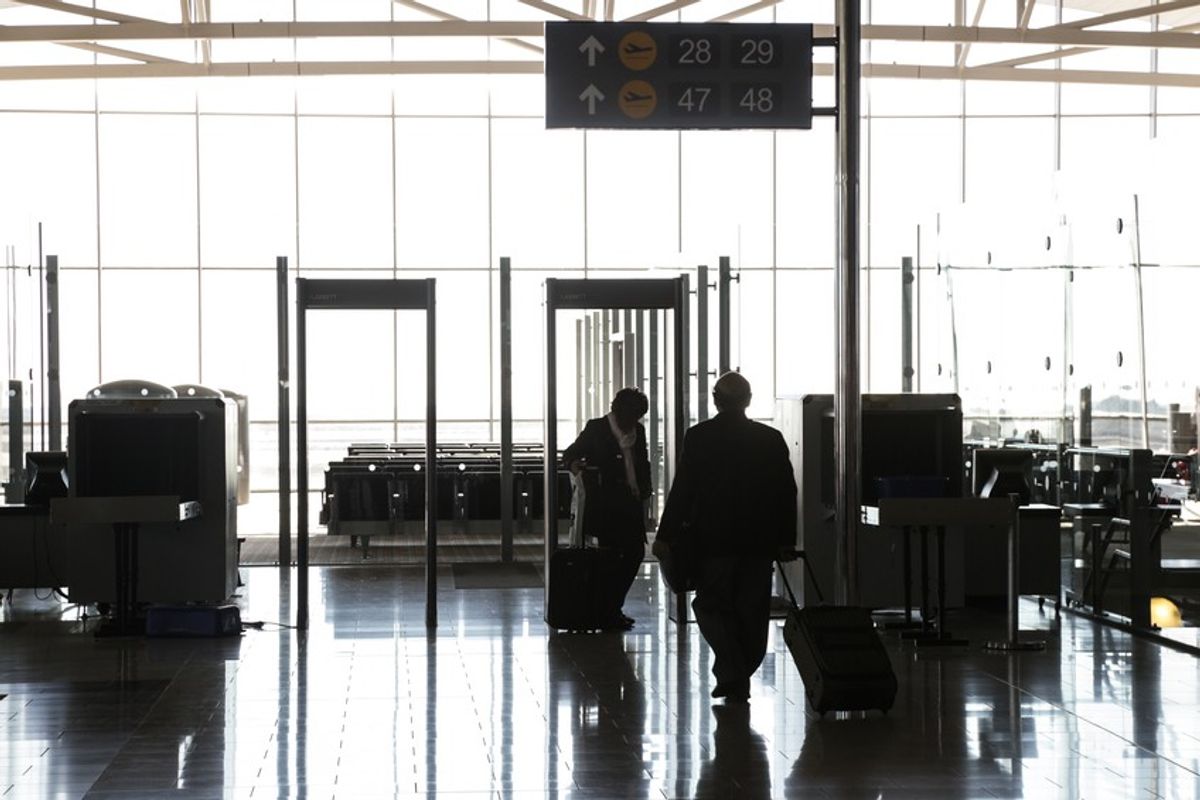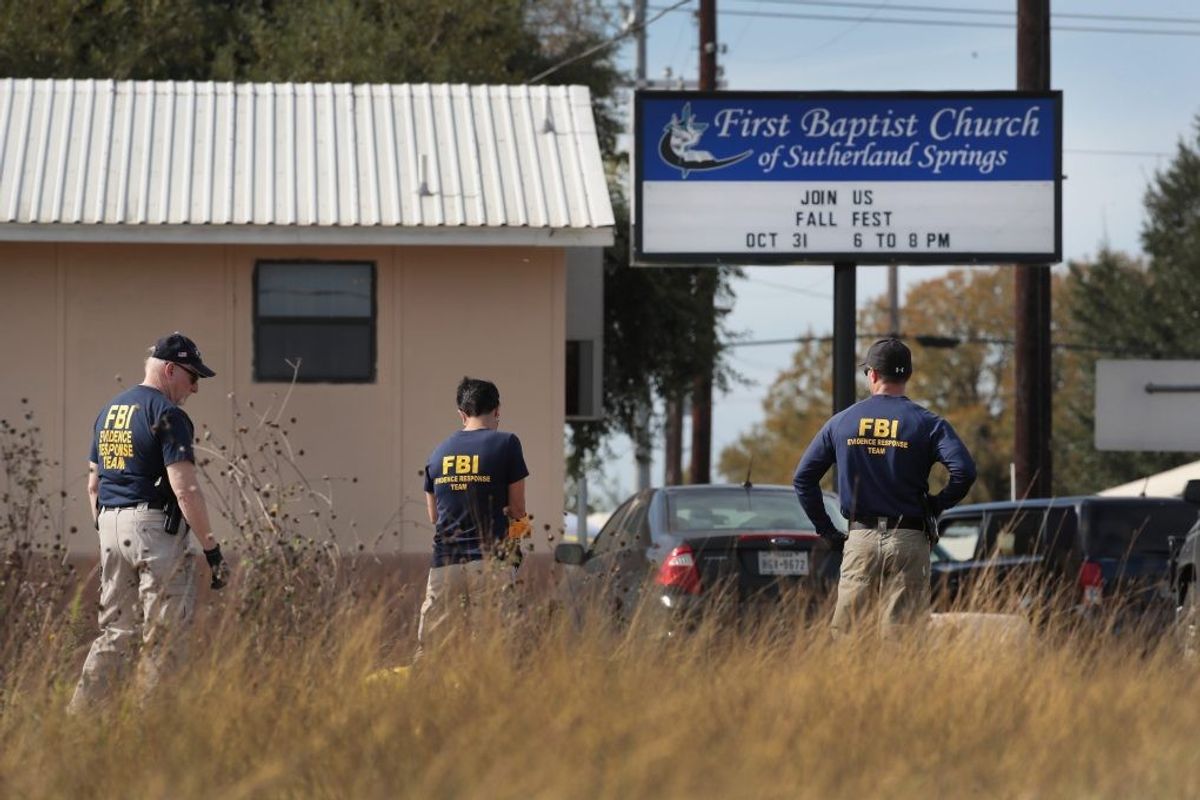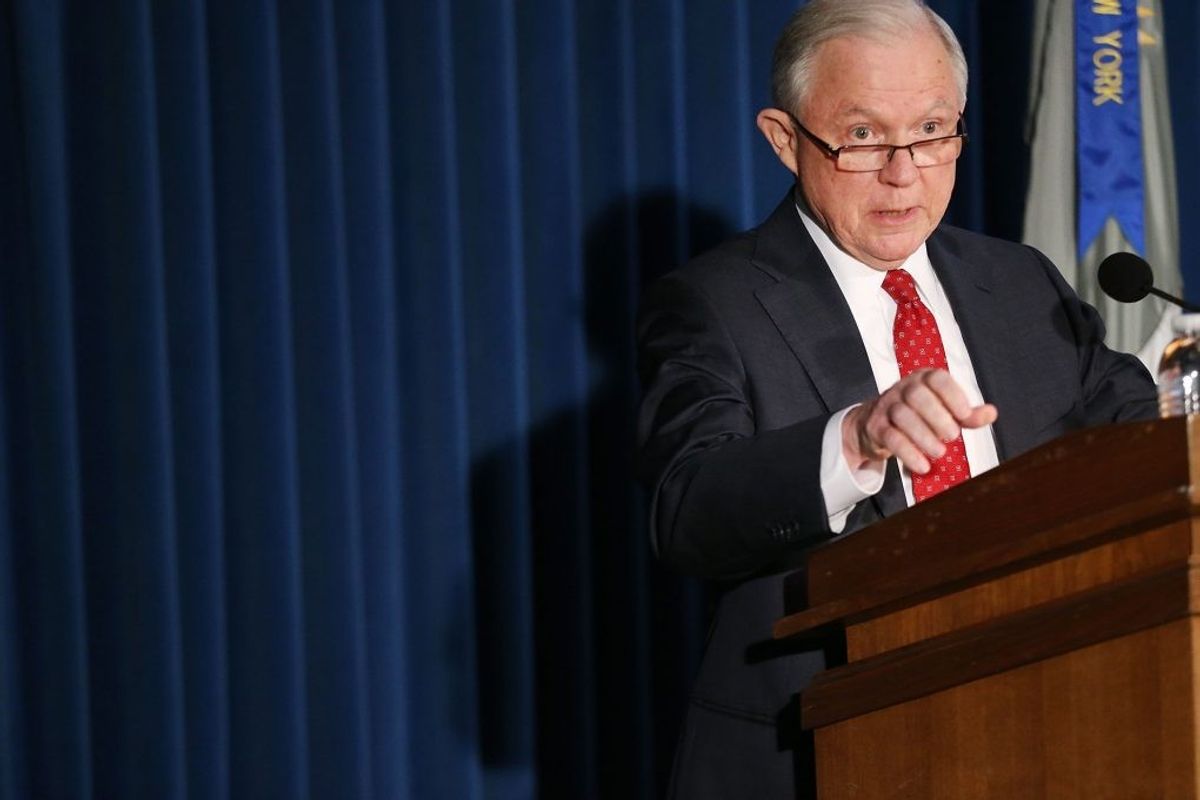This morning’s detonation of an improvised explosive device onboard the London Tube has once again pushed the issue of online terrorist recruitment to the forefront of public debate. With manuals on how to build homemade explosives and radicalization sermons and videos readily available online, preventing individuals from gaining access to such material is extremely challenging for law enforcement and intelligence officials in Europe and the U.S. The Cipher Brief’s Bennett Seftel spoke with Carol Rollie Flynn, Cipher Brief expert and former Associate Deputy Director of the National Counterterrorism Center about today’s attack as well as how law enforcement and intelligence officials can more effectively combat terrorist recruitment on the Internet.
The Cipher Brief: An improvised device exploded on a London underground train, setting off a fire. There are wires coming from the device and there are reports there was a timing device found. What does that tell you about this attack?
Carol Rollie Flynn: First of all, it’s very early. I don't know if any of these details are coming from confirmed sources. There is a picture of what may be the device but it’s very early to say anything for sure. Right now the police, and the security and intelligence services are trying to get as much information as they can about this from eyewitness accounts, from forensic evidence, surveillance cameras, anything they can get. This is like a great big puzzle, and right now they aren’t necessarily solving the puzzle, they are still finding the pieces.
In terms of the device itself, it’s difficult to draw any conclusions until we have the puzzle pieces. At first blush, it does not look like a suicide attack. If it’s true that there was a timer involved, that tends to imply that somebody wanted to get out of the way before it blew up.
Most of the previous attacks involved people who were either suicidal or at least knew that there was a high likelihood that they would not survive, so this one does look a little different. However, at this point, we really just don’t know.
TCB: What are the next steps? How do authorities proceed from here?
Flynn: They are assembling whatever evidence they can get. Whatever is left of the device, they’re going to be looking at and cataloguing that, and they will run everything through their databases to see if it matches anything they’ve seen before and if there are any potential links with any previous attacks and known individuals or groups.
They are also going to be trying to look for anything in the evidence that will pinpoint who might have been the perpetrator and to whom that perpetrator might be linked. One report said the device was in a shopping bag, what can we glean from that bag? What did the timer look like if there was one? Is there anything about that timer that suggests a particular bomb maker?
They will also be interviewing a lot of people from the scene and consulting their foreign partners to find out what other intelligence and police services might know about this attack. It’s a huge puzzle and they’re collecting pieces.
TCB: In the past we’ve seen terrorists being recruited and often trained online. How effective have we been at countering terrorist activities on social media and the internet? How can we improve?
Flynn: That’s a huge question. I am no longer with the CIA and no longer have access to classified information on this, but the internet has been a huge accelerant to recruiting and training of terrorists.
It’s all out there. You can learn how to build a bomb, you can connect with potential comrades in arms, you can get inspiration from various individuals who are out there spewing extremist ideologies.
The way we learn about these groups and catch people is primarily through their associations. If they’re on the internet and associated with someone known to be spouting violent extremist ideology. So primarily the way you find these people is through their links. But if someone is just quietly on their own – these so called lone wolf radical individuals – it’s very hard to find them, and it is not a crime to listen to a radical sermon, for instance. In Western societies we have free speech laws that protect our rights to both say that kind of stuff and access it. So it’s very very difficult, and if you were to shut down the internet, you also lose your ability to catch these people potentially.
How could we do better? My own view is that we need more understanding of the roots of radicalization, understanding what drives individuals to do this, and at what point could you intervene to prevent these people from radicalizing. One really interesting statistic to me, is that more than 60 percent of terrorists tell somebody else about their extremist activity, and usually they tell somebody pretty much exactly what they’re going to do. It’s a friend, family member, getting drunk with a buddy and talking too much. So if we can have greater community involvement to either get these individuals help or report what’s going on, that’s one of the most effective strategies. We have to engage communities to prevent this.
The other thing I will say is that resources are limited. As we saw in Orlando, Omar Mateen had been flagged to law enforcement authorities early on. I guess they monitored him for a little bit but he didn’t seem to be doing anything, and at some point they had to go on to bigger fish, people who seemed to be greater threats. You cannot watch everyone who happens to spout off in an office meeting or something, and it’s no crime to have certain kinds of views—you can’t prosecute people for their opinions. To put full time surveillance on an individual is extremely manpower intensive, and our security authorities can only do so much.
The other thing I will say in terms of prevention is to give a tip of the hat to all the kinds of programs that prevent social ills. The roots of violent extremism are very similar to the roots of crime, gang activity, drug use. The cure to that is good education, good jobs training, public health programs, etc. It’s not sexy but we know how to fix these things. But it’s very hard to implement these kinds of programs to address widespread social ills. Right now we’re just putting out fires, we’re not preventing the root cause of these things.
TCB: This is the fifth attack this year in the UK. What does this tell you about the focus of extremists? What does it tell you about the UK?
Flynn: A large part of this is that’s where the extremists are located. You have returning foreign fighters, you have people who would be foreign fighters but now groups like ISIS are telling people to do jihad in place. So I think it’s just where they happen to be. You see it in France too, where you have a very large French-speaking diaspora who are primed for recruitment, often through the internet.
We don’t have the returning foreign fighter problem yet in the United States, at least not to the same degree. God forbid I’m proven wrong, but so far we haven’t seen it here. I think it’s just a matter of numbers, there are more extremists and potential recruits in Western Europe than there are here.
TCB: Could it be a factor of poor assimilation, where people feel more part of American society whereas second or third generation immigrants don’t necessarily feel that way in many western European countries?
Flynn: There’s been a lot of talk about that, about how in the United States, we’re much more embracing of immigrants, of new and different ethnicities. I have not seen any real rigorous studies that indicate this is the reason we don’t have as bad a problem as Europe, however. I hear a lot of people speculate about it, and it sounds like it could be true. In places like France and England, if you don’t go to the right schools, you just don’t have the same opportunities that you might have in the United States. We have plenty of public school graduates and immigrants who do exceptionally well, it’s not necessarily a barrier. So it’s possible that poor assimilation is a root cause in Europe, but it is only speculation, as far as I’m aware.
TCB: In terms of finite resources, we know that law enforcement and the intelligence community are doing as much as they can to make sure that they keep track of as many people as possible, but unfortunately, there are still attacks that get through. Do you see this as something that we’ll just have to live with – these kinds of improvised lone wolf attacks? Is this a generational challenge?
Flynn: I think that’s right. Unless we want to turn ourselves into a police state, that’s the price of a free society. Do we want to start policing what people say? That doesn’t fit American values.
So this is the price of a free society. It’s also an allocation of resources issue. Do we want to deplete everything else we’re doing with our government funding and throw it all at this problem, when in fact more people are killed in automobile accidents or die from opioid overdoses than are killed in terrorist attacks? Do we really want to take away all of our public health resources to put them into policing? We live in a world where we have to make tradeoffs, and I think that, particularly with individuals operating alone, these people are just very hard to find. The traditional tools of law enforcement are unlikely to find you if you’re not talking to people or if you’re not linked to suspicious groups and individuals.










